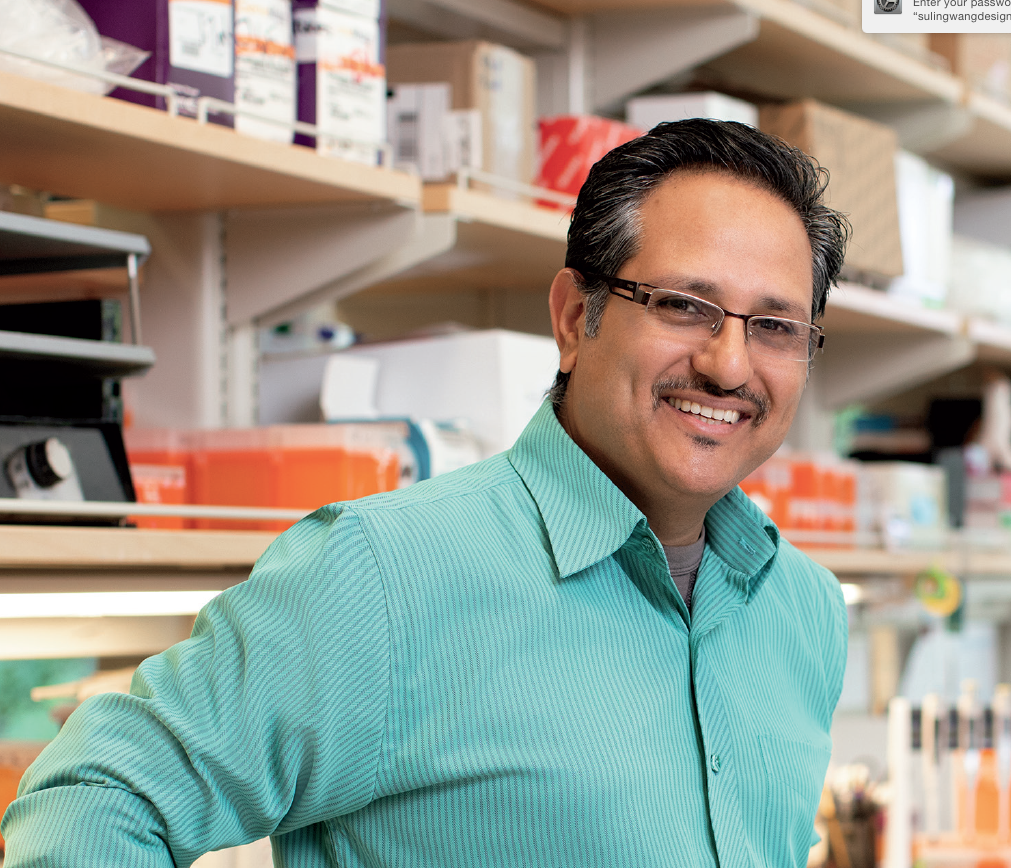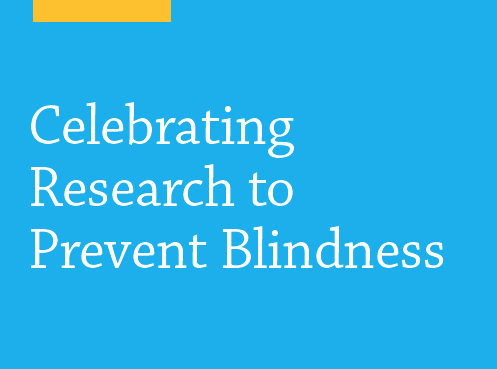Retinal transplantation will one day allow ophthalmologists to restore sight. To accelerate development of regenerative treatments for blindness, the National Eye Institute has provided funds to five multidisplinary teams nationwide.
Retinal specialist Jacque Duncan, MD, leads UCSF research for the initiative, joined by neurobiologist and bio-engineer Deepak Lamba, MD, PhD, and leading scientists at the University of Wisconsin.
To better understand cellular behavior before, during, and after experimental retinal transplantations, Dr. Lamba’s team will use stem cells to develop retinal tissue with many, many cone cells. These are the light-sensitive cells that allow humans to recognize faces and see fine detail in daytime.
“Dr. Duncan’s expertise in patient care, disease progression, and advanced imaging techniques will guide us to look for cellular changes that she has previously recorded from her patients’ retinal cells,” says Dr. Lamba.
The team’s findings will move successful retinal cell transplantations closer to a transformative reality.
Photo caption: Dr. Lamba’s team collaborates with clinical researcher Dr. Duncan to advance transplantation of laboratory-grown retinal cells to restore sight.



 Nurturing Novel Approaches
Nurturing Novel Approaches